Growing and taking care of a home vegetable garden not only provides fresh produce every day but also brings joy and relaxation. However, it’s not always easy to maintain a lush green garden. Therefore, make sure to save these small tips below to take better care of your home garden!
1. Soak and Pre-Germinate Seeds Before Planting in Pots
To ensure the best growth for your home garden, start with careful attention to the planting stage. One important step is to soak the seeds in water for 6-10 hours, then place them in a damp cloth for about 1-2 days.
When the seed coat starts to crack, you can plant them in pots. This method helps ensure that the seeds will germinate with higher quality compared to direct sowing into the pot.
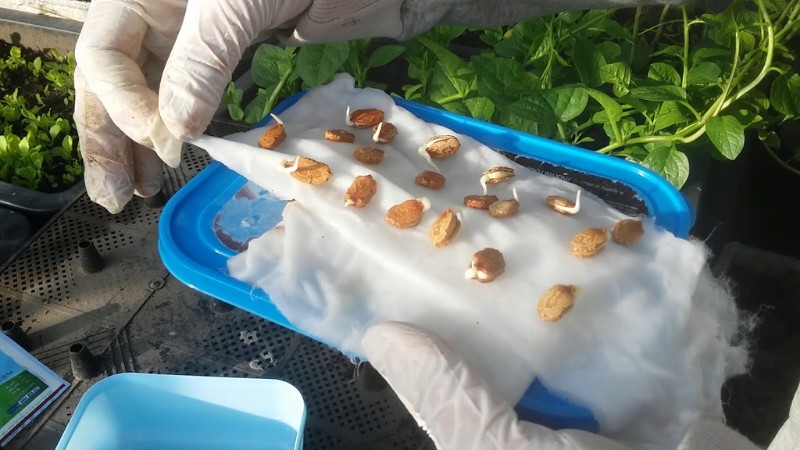
2. Choosing the Right Soil for Growing Vegetables
Choosing the right type of soil is a key factor in ensuring the growth and development of your vegetables. The soil for growing vegetables should have good moisture retention and a loose structure to provide sufficient nutrients for the plants to thrive. This helps prevent stunted growth, small leaves, and uneven development.
For growing a vegetable garden on a rooftop or balcony, you can use soils such as garden soil, sandy loam, clay soil, or tribat clean soil. However, before using it, mix the soil with substrates such as rice husk ash, coconut fiber, sawdust, etc., and organic microbial fertilizers in a ratio of 5:3:2. This soil-mixing process helps add extra nutrients to the soil, creating favorable conditions for the vegetables to grow.
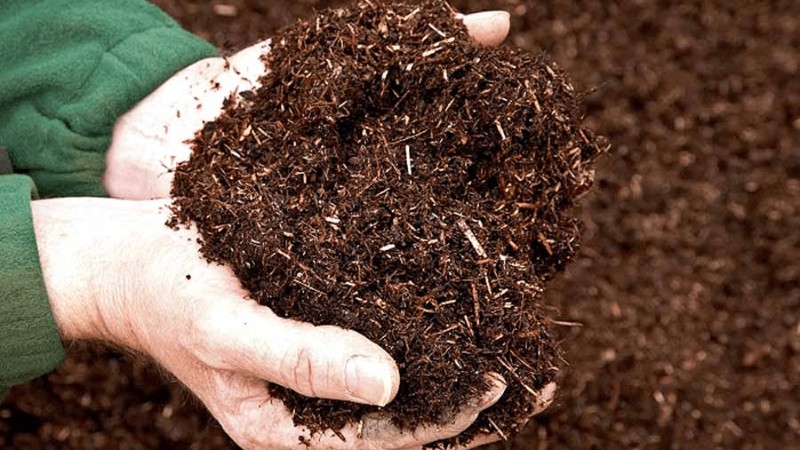
3. Using Manual Pest Control Methods
To ensure the safety of clean vegetables and your family’s health, avoiding the use of pesticides is crucial. Instead, spend time caring for and pruning the vegetables, removing pest-infected leaves, and pulling weeds to prevent the rapid spread of plant diseases.
You can also create your own homemade biological pesticide to eliminate harmful insects in your garden. This pesticide can be made from simple ingredients like chili, ginger, and garlic in a ratio of 1kg:1kg:3 liters. This is a safe and effective method that doesn’t harm the environment while still being capable of effectively eliminating pests.
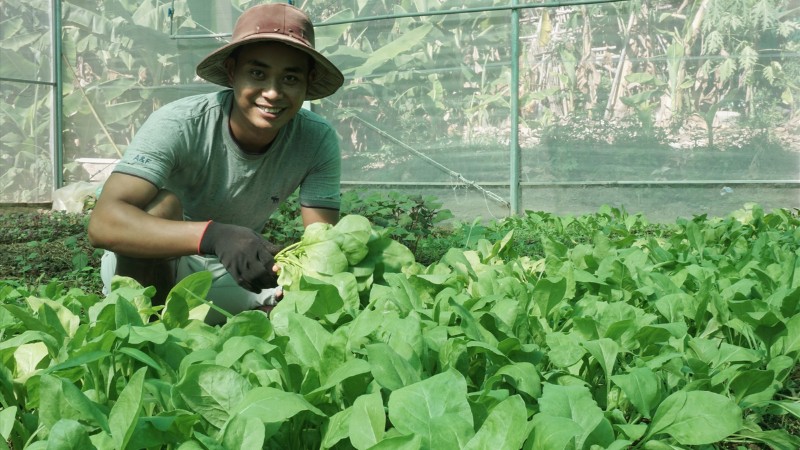
4.Effectively and Economically Reusing Planting Soil
To reuse vegetable-growing soil, it’s important to treat it properly before replanting. After harvesting, the soil needs to be cleaned by removing leftover roots and leaves, then spread thinly on a clean surface or fabric tarp for 4-5 days under the sunlight to eliminate pathogens.
Next, we can mix the soil with nutrients or worm compost in a 1:1 ratio and loosen the soil to achieve a light, airy texture. This process helps make the soil suitable for reuse in your vegetable garden.
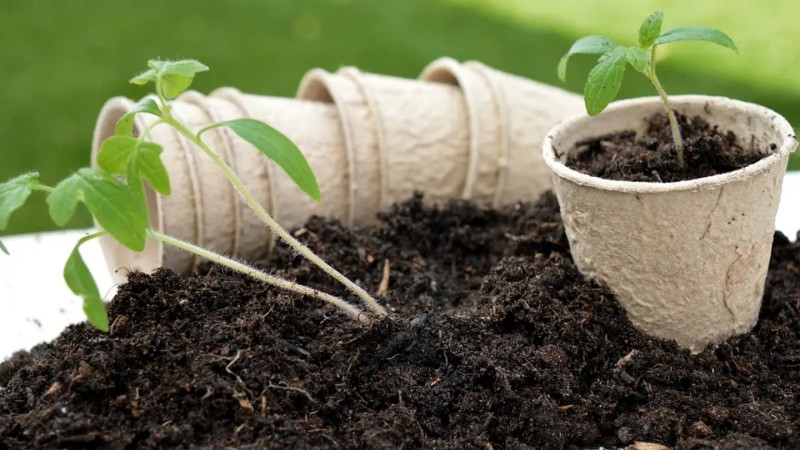
5. Watering Vegetables Properly
Especially in cities where rain is frequent and unpredictable, using a cover can help prevent soil erosion and reduce excess rainwater, which can cause waterlogging and harm the vegetables.
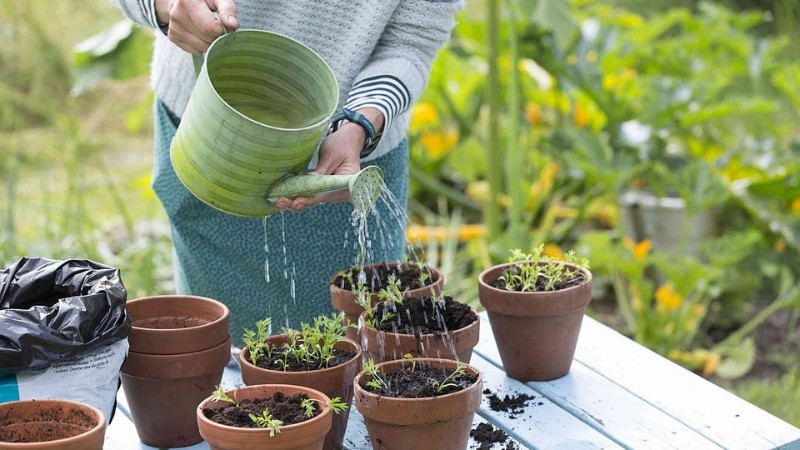
![]()
ANH TU INTERNATIONAL PLASTIC CO., LTD
Manufactor address: Ma Se Area, Dinh Tu Vlg, Can Huu Com, Quoc Oai Dist, Ha Noi, Vietnam
Phone number: +84 345140088
Mail: sale8@anhtu.vn
Web: www.anhtu.vn

